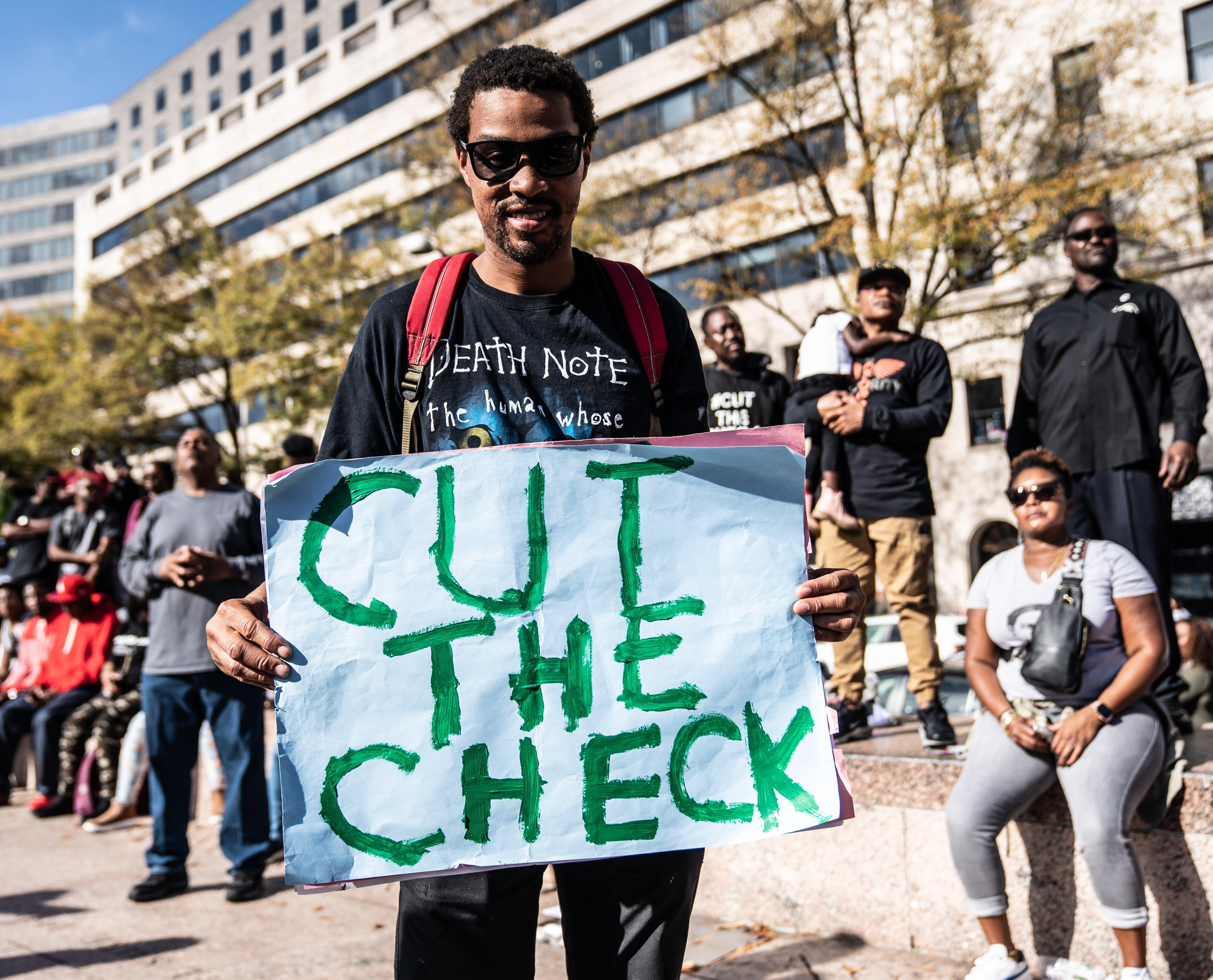Reparations for African Americans have been a controversial topic in the United States for many years. The concept of reparations stems from the idea that the descendants of enslaved Africans in the U.S. deserve compensation for the injustices they suffered. The issue has gained renewed attention in recent years, with the state of New York and California passing legislation supporting reparations and the federal government examining HR40, a bill calling for a commission to study reparations proposals.
Here's a closer look into the history of African American reparations and the legislative movement to atone for systemic racism and inequity in the U.S. 
The recent timeline to pass a reparations bill in the U.S. has been a long and arduous. Representative Sheila Jackson Lee has been at the forefront of the H.R. 40 path toward congressional reparations for slavery discrimination. The bill calls for restitution and atonement for the lasting impact institutionalized oppression inflicted on Black communities.
The bill expands further on systemic inequities that impact Black Americans in various aspects of life. These include but are not limited to racism in home appraisals, the creation of the suburbs, racism in home loans, job discrimination, and racism in hiring processes.
The McKinsey Study found that Black Americans are twice as likely to live in poverty as their white counterparts, and the U.S. Census reports that the wealth gap between Black and white households has remained unchanged for the last 50 years, with Black households holding just one-tenth of the wealth of white households. Additionally, the percentage of Black-owned businesses in the U.S. is disproportionately low compared to the overall population and they often receive less funding than their white counterparts. Black health disparities are also significantly higher than those of white Americans.
Police brutality, lynching, the school-to-prison pipeline, segregation, business contracts for Black people, and other forms of systemic oppression further perpetuate the lasting effects of slavery and colonialism. A monetary payout of reparations for Black people is just one way that the government can actively address these inequalities and work towards true equity.
However, the path toward reparations has been met with resistance, as many argue that the legacy of slavery and its impact on current society is difficult to quantify and that it could be financially impractical to provide reparations. An oversight committee would be necessary to ensure that these concerns are addressed and that the efforts are transparent, with clear monitoring and evaluation of the progress made.
Reparations for centuries of systemic racism in the U.S. is a complex issue that requires thoughtful deliberation and consideration of all the aspects of ongoing oppression that have shaped our society. The recent timeline to pass a reparations bill in the U.S. will require extensive collaboration between lawmakers, communities of color, and broader forms of leadership to ensure the success of these efforts toward restorative justice.




